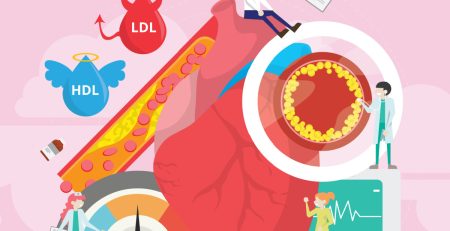Nightmares a Risk for Dementia?
Recent research has indicated that frequent nightmares in middle age may be linked to a significantly increased risk of developing dementia. This finding, while compelling, has generated some skepticism among experts in the field.
Key Findings
Investigators discovered that middle-aged adults who reported experiencing weekly distressing dreams had a fourfold increase in the risk of developing dementia compared to those without such nightmares. Dr. Abidemi Otaiku, from Imperial College London, suggested that these distressing dreams might either be an early sign of dementia or a causal risk factor.
This study, presented at the 2024 Congress of the European Academy of Neurology (EAN) annual meeting, builds on previous research. It included participants from the MIDUS study who had genetic data available, derived from blood tests, saliva samples, and family history. The analysis revealed that even after accounting for genetic factors, the link between distressing dreams and both cognitive decline and dementia remained strong.
Detailed Analysis
Dr. Otaiku’s research showed that healthy middle-aged adults experiencing weekly bad dreams were four times more likely to suffer cognitive decline over the following decade than those without such dreams. Among older adults, nightmares were associated with a twofold increased risk of all-cause dementia. The study’s robustness was underscored by its control for various factors, including genetic predispositions and neuropsychiatric disorders like anxiety, depression, and stress.
Furthermore, the study adjusted for medication use, including antidepressants, benzodiazepines, and hypnotics, which did not explain the increased dementia risk. Although the study outcome focused on all-cause dementia without access to specific diagnoses, it suggests that the effects likely apply to Alzheimer’s disease as well. Previous studies have shown that nightmares are more common in certain stages of Alzheimer’s disease.
Expert Skepticism
Despite the strong findings, Dr. Sebastiaan Engelborghs, professor and chair of neurology at Vrije Universiteit Brussel, expressed doubts. He pointed out that REM sleep behavior disorder (RBD), which often precedes dementia by many years, might explain the association. RBD is characterized by nightmares or “distressing dreams,” making it a possible confounding factor. However, Dr. Otaiku countered that RBD is very rare, affecting less than 0.05% of those aged 50 and older, and previous studies suggest that RBD does not predict all-cause dementia.
Dr. Engelborghs also noted that treating sleep symptoms related to RBD does not reduce dementia risk, as disordered sleep is often the first manifestation of neurodegeneration.
Future Directions
Dr. Otaiku emphasized the importance of identifying individuals at an early stage before they develop symptoms, allowing them to benefit from disease-modifying drugs and preventive strategies when available. He suggested that future studies should investigate whether treating distressing dreams could slow cognitive decline or prevent dementia.
Can Dementia be Linked?
While the link between nightmares and dementia is compelling, it remains a topic of ongoing debate. The association, supported by robust research controlling for various factors, highlights the potential importance of sleep health in cognitive decline. However, skepticism from experts like Dr. Engelborghs suggests that further research is necessary to fully understand this relationship and explore potential interventions.











